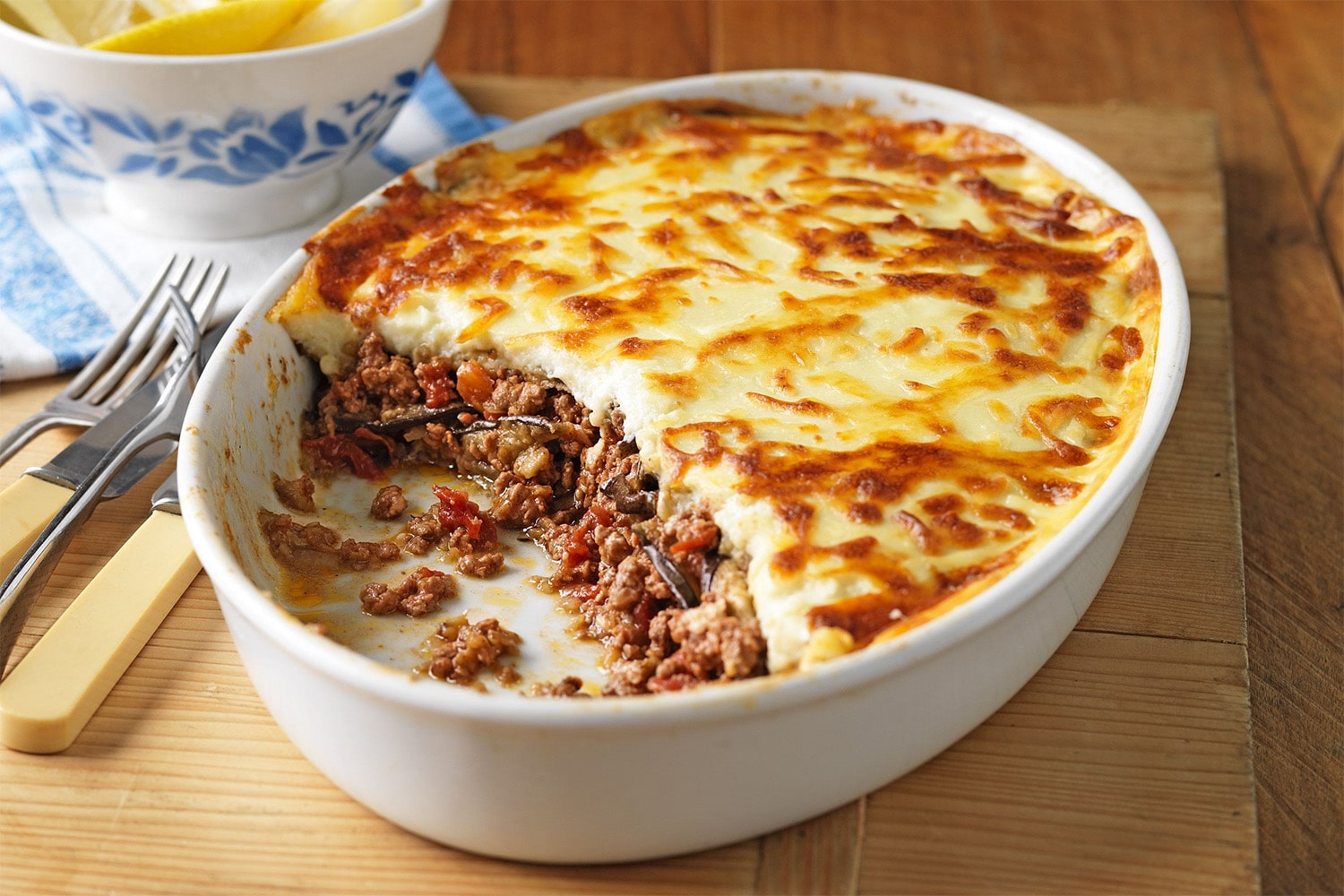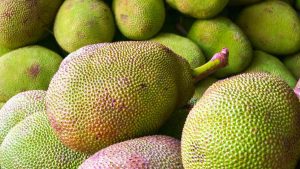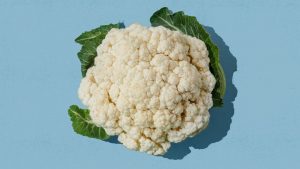
24 interesting facts about Moussaka
- 👁️ 1095
Moussaka is a quintessential dish that embodies the spirit and flavors of Mediterranean cuisine, particularly renowned within Greek culinary traditions. This rich, layered casserole marries the earthiness of eggplant with the heartiness of minced meat, all encased in a velvety béchamel sauce and baked to perfection. With its roots in the Levant and variations spread across the Balkans and Middle East, moussaka tells a story of cultural intersections and gastronomic innovation. Its preparation is considered an art form, a testament to the complexity and depth that can be achieved in traditional cooking. Let’s explore some captivating facts about moussaka that highlight its culinary significance and the nuances that make it a beloved dish worldwide.
- The origin of moussaka can be traced back to the Arab cuisine of the Levant, where a simpler version was made without béchamel sauce.
- Moussaka as we know it today, with its layers of eggplant, minced meat, and béchamel sauce, was popularized in Greece in the early 20th century.
- The dish is traditionally made with lamb, but variations with beef, pork, or a combination thereof are common.
- Eggplant is the most common vegetable used, but in some regions, potatoes or zucchini are also used either in combination or as a substitute.
- The béchamel sauce that tops moussaka is thickened with flour and butter and often enriched with egg yolks and cheese for a richer flavor.
- Some versions of moussaka include a layer of tomatoes between the meat and eggplant, adding a slight acidity that balances the richness of the dish.
- Moussaka is typically seasoned with spices like cinnamon, allspice, and nutmeg, reflecting the influence of Middle Eastern cuisine.
- The dish is often prepared a day in advance, as resting allows the flavors to meld together and the structure to firm up for cleaner slicing.
- In Turkey, a similar dish known as “musakka” is not layered and does not include béchamel sauce.
- Egyptian moussaka is often made with a tomato sauce instead of béchamel and can include layers of bell peppers.
- The word “moussaka” itself derives from the Arabic word “musakhan,” meaning “that which is fed liquid.”
- There is a vegetarian version of moussaka that substitutes lentils or mushrooms for the minced meat, catering to different dietary preferences.
- Cooking moussaka is a time-consuming process, involving the separate preparation of each layer before assembly and baking.
- The dish is served warm, often with a side of crusty bread or a light salad to balance its richness.
- In some regions, moussaka is also made with fish, particularly during Lent when meat consumption is traditionally avoided.
- Moussaka is a popular dish in Greek restaurants worldwide, serving as a hearty option that appeals to international palates.
- The key to a successful moussaka lies in the quality of its ingredients, particularly the eggplants, which should be firm and fresh.
- Before assembly, the eggplant slices are usually fried, grilled, or baked to soften them and enhance their flavor.
- Wine is sometimes added to the meat sauce for additional depth and complexity.
- The final layer of béchamel sauce is typically sprinkled with grated cheese, which browns and forms a crusty top during baking.
- Each family or region may have its own version of moussaka, with slight variations in ingredients or technique reflecting personal or local tastes.
- The popularity of moussaka has led to numerous cooking competitions and festivals celebrating this iconic dish.
- Moussaka can be frozen and reheated, making it a convenient make-ahead meal for busy households.
- Despite its richness, moussaka is considered a comforting and nourishing dish, embodying the warmth and generosity of Mediterranean hospitality.
Moussaka stands as a culinary masterpiece that showcases the depth and diversity of Mediterranean cuisine. Its layers of flavor and texture, combined with a rich history and cultural significance, make it a dish that transcends boundaries and brings people together. Whether enjoyed in a humble home kitchen or a fine dining establishment, moussaka offers a taste of tradition that continues to captivate and satisfy diners around the world. As we continue to explore and celebrate the myriad expressions of this beloved dish, we are reminded of the power of food to tell stories, evoke memories, and nurture connections.











